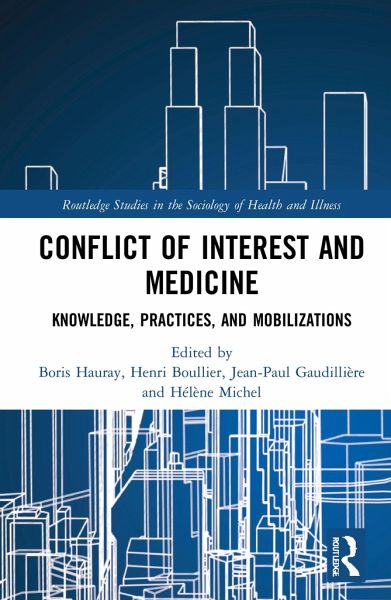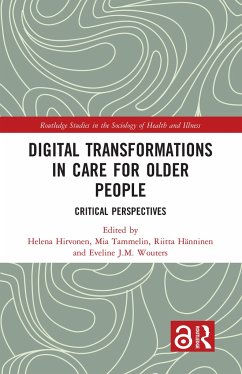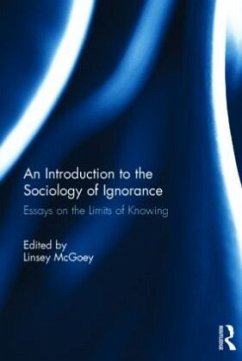
Conflict of Interest and Medicine
Knowledge, Practices, and Mobilizations
Herausgegeben: Hauray, Boris; Boullier, Henri; Gaudillière, Jean-Paul; Michel, Hélène
Versandkostenfrei!
Versandfertig in 6-10 Tagen
45,99 €
inkl. MwSt.
Weitere Ausgaben:

PAYBACK Punkte
23 °P sammeln!
In the context of a growing criticism on the influence of the pharmaceutical industry on physicians, scientists, or politicians, Conflict of Interest and Medicine offers a comprehensive analysis of the conflict of interest in medicine anchored in the social sciences, with perspectives from sociology, history, political science, and law.Based on in-depth empirical investigations conducted within different territories (France, the European Union, and the United States) the contributions analyze the development of conflict of interest as a social issue and how it impacts the production of medical...
In the context of a growing criticism on the influence of the pharmaceutical industry on physicians, scientists, or politicians, Conflict of Interest and Medicine offers a comprehensive analysis of the conflict of interest in medicine anchored in the social sciences, with perspectives from sociology, history, political science, and law.
Based on in-depth empirical investigations conducted within different territories (France, the European Union, and the United States) the contributions analyze the development of conflict of interest as a social issue and how it impacts the production of medical knowledge and expertise, physicians' work and their prescriptions, and also the framing of health crises and controversies. In doing so, they bring a new understanding of the transformations in the political economy of pharmaceutical knowledge, the politicization of public health risks, and the promotion of transparency in science and public life.
Complementing the more normative and quantitative understandings of conflict of interest issues that dominate today, this book will be of interest to researchers in a broad range of areas including social studies of sciences and technology, sociology of health and illness, and political sociology and ethics. It will be also a valuable resource for health professionals, medical scientists, or regulators facing the question of corporate influence.
Based on in-depth empirical investigations conducted within different territories (France, the European Union, and the United States) the contributions analyze the development of conflict of interest as a social issue and how it impacts the production of medical knowledge and expertise, physicians' work and their prescriptions, and also the framing of health crises and controversies. In doing so, they bring a new understanding of the transformations in the political economy of pharmaceutical knowledge, the politicization of public health risks, and the promotion of transparency in science and public life.
Complementing the more normative and quantitative understandings of conflict of interest issues that dominate today, this book will be of interest to researchers in a broad range of areas including social studies of sciences and technology, sociology of health and illness, and political sociology and ethics. It will be also a valuable resource for health professionals, medical scientists, or regulators facing the question of corporate influence.














